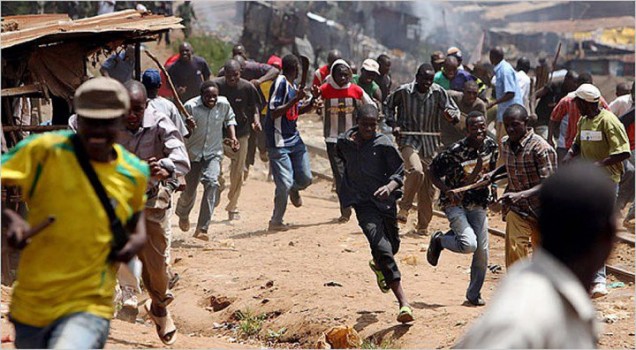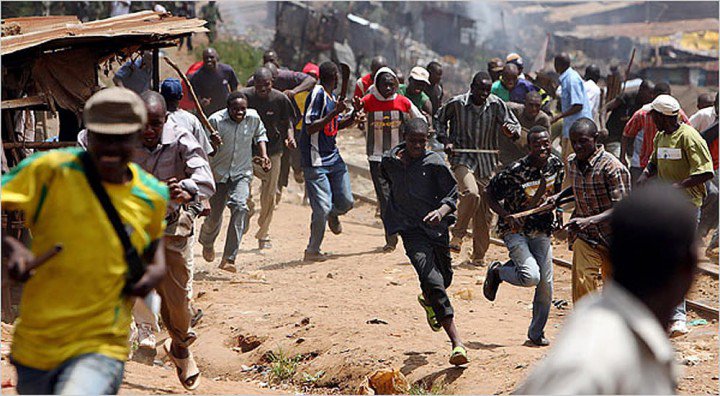
The killing of over 40 persons in Southern Kaduna by armed herdsmen further brings to the fore, the fatal consequences of a failed socio-economic system, which is equally driving climate change. Under the leadership of the Southern Kaduna Peoples Union (SOKAPU) mass demonstrations have been organised against this horrendous massacre, described as a genocide.
It is however important to realise that the contention is not simply one between Christian Southern Kaduna indigenous populations and Moslem Fulani herdsmen as the matter is now being presented by several persons and groups, for different reasons.
There are different dimensions of this contradictory relationship between pastoralist herdsmen who need the grazing grounds for their cattle and the settler farmers that they have had had conflicts with from time to time over the years.
It is however noteworthy that for decades, this did not lead to fatal confrontations. Such confrontations did not start until the period of the Structural Adjustment Programme in the 1980s, when amongst other things, the ruling elites also stirred ethno-religious sentiments to further the manipulation of poor working class people.
Between 1996 and 2006, 121 persons were killed as a result of confrontations But over the last two years, in the South East, South South and different parts of the Middle Belt, not less than 600 persons have been killed in clashes. Why is this so?
One major reason which is often downplayed is the sharp rise in desertification in northern Nigeria as a result of climate change. There is far less grazing grounds for the pastoralists. Climate change is as a result of the unsustainable development model which capitalism cannot but be, because it is based on the profit motive and not a balanced for needs, people and earth-centred pattern of social progress.
It has also become much easier for herdsmen to have automatic weapons, including sub-machine guns. This is a fallout of the rise of armed radical “Islamism” represented by groups such as Boko Haram. But these groups were nurtured by different sections of the ruling elites in the north, who used them as foot soldiers before they ran amok and could no longer be controlled.
The response of the federal government has also been a major cause for concern. In the recent case, the spokesperson for the presidency, Mr Femi Adeshina expressed the view that the matter should not be of concern to the central government since it took place in a state. But soldiers have been deployed to stop cattle rustling in Sokoto state. Do the lives of poor working people matter less than the fate of cattle?
The national question, which has to do with how people from different nationalities in a multi-national state as Nigeria is now being drummed up by some ex-socialists as being the primary basis for understanding the lines of division of struggle. Not a few of them have seized upon the continued conflicts between herdsmen and indigenous populations as a justification of their micro-nationalisms.
But, the fact of the matter remain that the primary dividing lines are between the rich bosses of different nationalities and poor working class people across all nationalities. There are rich Fulani, and rich Kataf, Igbo, Kanuri, Yoruba etc. women and men who sit together in boardrooms to share profits. You would not see their children amongst the herdsmen or the poor persons in rural settlements who lock horns in arms with them.
We have to be united as working class people to fight against the bosses as a whole. At the heart of the problem is the capitalist system and climate change which it also spurs. Even as we stand for peace amongst different communities and pastoralists as much as possible, we must channel our energies to fighting for system change i.e. establishing a socialist society, rooted in solidarity and mutual coopereation.
by Yusuf Lawal









